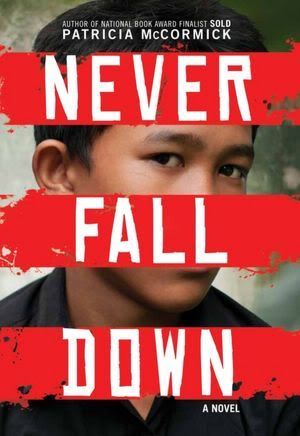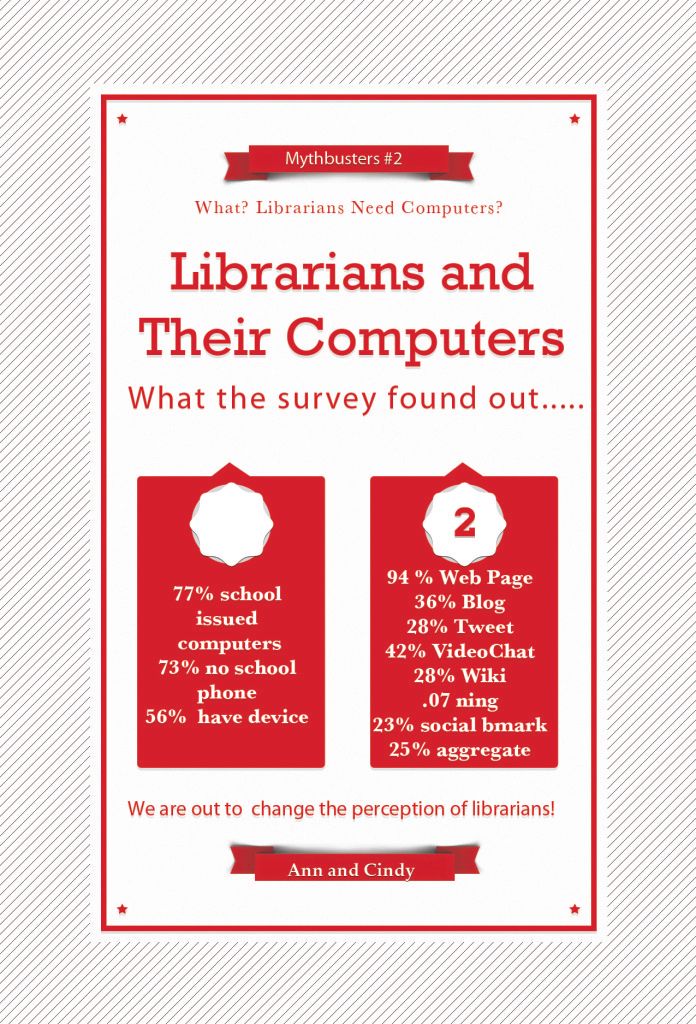Never Fall Down: A Novel
Never Fall Down: A Novel
A novel by Patricia McCormick
I picked up this book yesterday morning after reading about it in the NPR Book Review. I don’t normally read books like Never Fall Down, but when I picked it up and started reading, I was hooked. McCormick retells the story of a young boy forced into the Cambodian killing fields where he fights to survive for three years, eight months, and twenty days. Her story details experiences of Arn Chorn-Pond, making it one of the most unforgettable reads you’ll ever experience. Patricia McCormick has been the National Book Award Finalist, Gustav-Heinemann Peace Prize Winner 2009, ALA Best YA Book Winner 2007 and winner of countless other awards for her young adult books.
Never Fall Down begins with Arn, a young Cambodian boy, who has lost his mother and father to dire circumstances. Arn’s father had a motorcycle accident and hit his head on the road, dying in the hospital and leaving behind a wife and six children. Arn’s mother is faced with the fact that she can’t keep the family opera business afloat, forcing her to leave to Phnom Penh. While she goes to Phnom Penh to make money to support Arn and his five siblings, they are sent to live with their aunt. Their aunt, a single woman with no children, faces financial hardship to raise her six nieces and nephews. While Arn is supposed to be studying with the village monks, he feels compelled to make money on his own by peddling and gambling to help the family out. Although his older sister frowns upon this, Arn continues to find means of attaining money and food. McCormick wrote Never Fall Down in first person strategically using broken English to details Arn’s story.
The story moved quickly from Arn’s background to the day that he watched buses and garbage trucks roll into his village. The trucks were filled with soldiers that all looked the same: dark skin and a tough façade. They were all dressed in black pajama outfits and black caps. The only color they possessed were the red and white scarfs tied around their heads. Arn noticed that the soldiers were young, teenagers not much older than him. They all had shoes made of car tires and brandished their guns as they sat on their vehicles. He noticed that they had many bullets strapped across their chests. The villagers came out of their huts, cheering for the soldiers, all holding something white like scarves and bed sheets. All Arn heard is that the war was over and that they should give the soldiers whatever they could. By nature, Arn was street smart. He was always watching everything going on and learned quickly that something was not right. The Khmer Rouge soldiers called for all government soldiers to come out into the middle of the village. Arn watched in awe, believing that they were all to greet the Prince. He silently followed them, only to get tired and stop to rest. He dreamt of bullets popping, but when he headed back to the village, seeing that there were no more government soldiers, he realized that the popping of rifles left all the soldiers dead. By the time Arn returned to his village, he encountered thousands and thousands of people walking with their belongings. Bullhorns informed him that everyone would be leaving home for three days. He later realized that three days was a hoax.
From this point on, we walk side by side with Arn as he is led to Cambodian Killing fields and endures the split of his family. All women, men and children were separated. He would struggle for the next three years, wondering who survived and who didn’t. As the story is told, you feel Arn’s horror as he witnessed the atrocities of the war. It becomes evident that he did whatever it took to stay alive. Arn witnessed countless deaths of children, destined to starve as they ate rice soup day after day. All children were ordered to forget their families and give all their belongings away. The Khmer Rouge believed in no rich or poor, only equals that dressed the same and owned nothing. All those with any education were murdered, the rich were murdered, and the weak were murdered.
Arn’s life is spared so many times by so many people. He learned to play an instrument and used his talent to gain some power. Many times he was given extra food for his music and other times he would steal while guards watched him. He became brazen knowing that the guards weren’t going to challenge him. The extra food he earned or stole enabled others to live because he would use the extra food to feed his comrades. Arn used his talent to his advantage and got many perks with it. He was constantly torn though, because his friends were working in the fields while he was allowed to be inside practicing his instrument. He didn’t escape the horror though. He soon learned that his music group was asked to play three times a day for a reason. The music was being used to drown out the coconut cracking sound. He learned that the coconut cracking sound was a hatchet striking the skull of a person.
The atrocities that young Arn witnessed were almost more than I could bear. The Cambodian genocide in the 1970’s left over 1.7 million people dead. Men, women and children were overworked, starved and murdered. Arn witness cannibalism in many forms and a ruthlessness that left families destroyed. McCormick writes a moving account of Arn Chorn-Pond’s powerful story. This novel is haunting and inspiring from beginning to end.
'Never Fall Down': Surviving The Killing Fields
An Interview with Arn Chorn-Pond
by NPR STAFF
J. Ann Vega
Library Coordinator, IDEA Public Schools
http://librariansonthefly.blogspot.com/
http://annvegacatablog.blogspot.com/
Twitter @annvega












